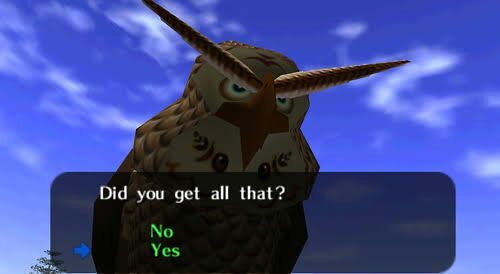Attention Deficit Hyperactivity Disorder, or ADHD, is a common behavioural disorder that is often overlooked. It is usually noticed at a young age, between 6 and 12 years old. The symptoms come in two main categories, ‘inattentiveness’ and ‘hyperactivity and impulsiveness’.
Inattentiveness includes symptoms such as having a short attention span, making careless mistakes, being unable to finish tasks or listen to instructions and being forgetful. Hyperactivity and impulsiveness includes symptoms such as being unable to sit still, fidgeting, being unable to concentrate on a task, acting without thinking and being unable to wait your turn. My particular cocktail of problems comes mainly from inattentiveness rather than hyperactivity but the two branches usually cross over. From these symptoms it’s clear that playing games with ADHD can seem an arduous task at times. However, for many, it’s an escape from the difficulties of everyday life.
The Difficulties of Gaming with ADHD

Getting completely distracted from the main tasks is a major problem when playing games with ADHD. A game like Tetris, where the one task is repeated over and over again with increasing difficulty, proved to be too repetitive a task for my brain to even engage. After about 5 minutes focusing on matching the blocks, my mind moved elsewhere and the game was quickly over. This shows that for a game to be engaging with some gamers with ADHD, it has to contain a wide variety of tasks to keep the player engaged.
Another problem that occurs when playing games is not listening to instructions. Usually, when a long tutorial or explanation is presented to a sufferer of ADHD, they try to skip it or don’t pay full attention. They are so desperate to get to the actual gameplay and engage with it that they sacrifice knowing how to fully play the game. A tutorial encourages experimentation with the game’s engine is far more likely to help the player.
One game that punished players trying to skip an explanation was The Legend of Zelda: Ocarina of Time. The owl, Kaepora Gaebora, would provide a monologue near the beginning of the game. If a player skipped all the dialogue by pressing A repeatedly, the dialogue would repeat itself indefinitely. This was because when Kaepora Gaebora finished speaking, he asked if the player if they understood, the cursor defaulting to ‘no’. The game demanded attention.
The Recipe for an ADHD Friendly Game

For a game to be engaging for a player with ADHD, three main goals must be achieved. Firstly, there must be many varying tasks so that the gameplay doesn’t become stale. Secondly, the game must allow the player to experiment with the engine and travel away from the main path. Finally, the game must not be too overwhelming. If there are too many colours or effects on screen at once, it can be too much to handle. For different people, different factors can help. Some love the monotony of grinding in an RPG and others love the constant action of a first person shooter.
One game that was difficult but surprisingly ADHD friendly was Dark Souls. The many careless mistakes made by me meant that my playthrough was frustrating at times. However, I saw Dark Souls as a metaphor for overcoming the effects ADHD has on my life. No matter how many times my character died due to a tiny mistake, pushing through was my only option. Through sheer perseverance and getting better a little at a time, completing the game felt like a milestone. While my brain shouted roll at a whim, learning to push that to the back of my mind and succeed felt like a skill that would help me throughout life.
If any readers have ADHD, they should realise that games are a great way to help control symptoms. Mistakes in game don’t have the same consequences as in real life. Thus, we can take the first step towards not dwelling on the little mistakes. Instead, we can learn from them and push forwards.
Aidan Roy
Latest posts by Aidan Roy (see all)
- 5 New Year’s Resolutions for the Video Games Industry in 2019 - January 2, 2019
- IWGB Opening Union Branch For Video Game Workers Could Be A Big Step Forwards - December 18, 2018
- Halloweegee Time: Playing Horror Games as a Complete Wuss - October 30, 2018
